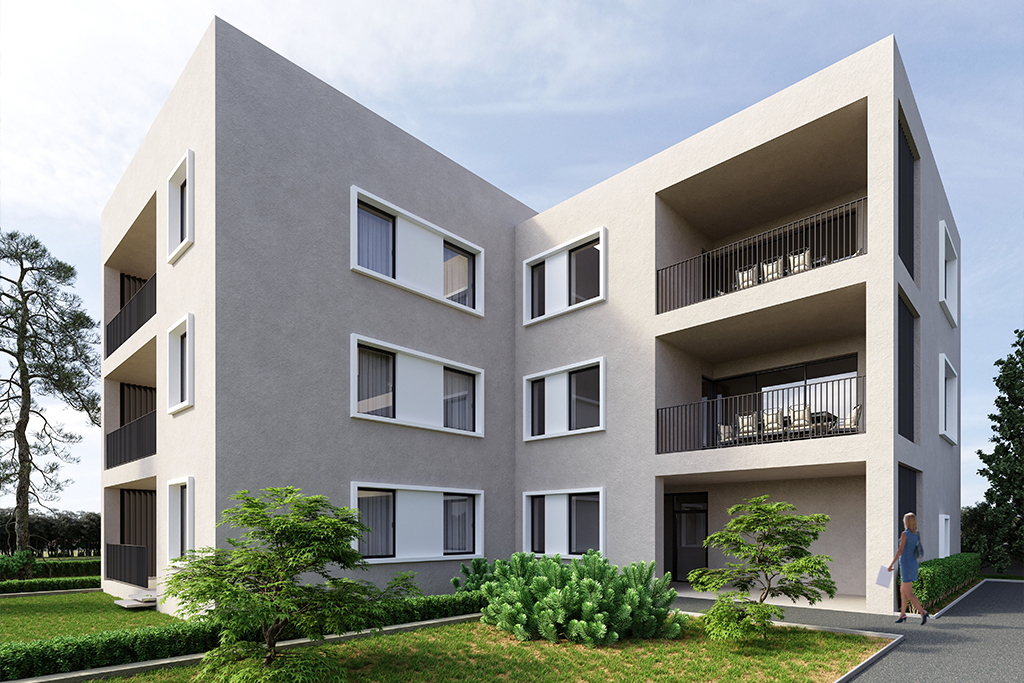
Property Spruikers
April 11, 2022
Child support and family tax – what’s counted as income?
July 22, 2022Research company CoreLogic reported earlier this year that ‘the disparity between Australia’s house and unit values reached an all-time high in January of 28.3%, despite double-digit annual growth rates for both houses and units’. As at 1 April 2022, the median house price in Sydney was $1.4 million, while the median apartment price was ‘only’ $834,000. Similarly in Melbourne, the median house price was $1 million, while the median apartment price was $629,000.
With house prices now so high and becoming ever more unaffordable, many Defence members are looking to apartments as an option for purchasing a home to live in or as an investment property. But what do you need to be aware of when considering buying an apartment?
The most important difference is that when you buy a free-standing house you own the whole of the land and the buildings on it. However, for an apartment you own only that ‘lot’ or ‘unit’ (the terminology differs between states) plus shared ownership of the ‘common property’, which is the land and all parts of the building not comprising lots. For example, common property will typically include building entrance foyers, hallways, lifts, building electricity wiring and plumbing, communal gardens and lawn areas, and shared facilities such as BBQs or pools.
The ‘body corporate’ or ‘owners corporation’ is the governing body for an apartment building and comprises all owners. Decisions are made at general meetings at which owners have the opportunity to vote on how they would like the building to be run and how much money each apartment owner must contribute to the building’s shared costs, such as repairing and maintaining the common property, operating shared facilities and cleaning the common areas.
At the annual general meeting, owners are required to elect a ‘strata committee’ (called an ‘executive committee’ in some states) to manage the common property and decide priorities for how money is spent. While owners get a vote in choosing their committee members, they are then bound by the decisions made by that committee. So even if you don’t agree with a particular decision to repaint (or not repaint) the common areas or to spend (or not spend) money on gardening, you are legally required to contribute to the cost.
The body corporate also has the power to make by-laws, which are legally binding on all owners and residents. By-laws typically deal with such diverse topics as rules about keeping pets in the building, use of visitor parking, smoking in the common areas, avoiding noise that disturbs neighbours, garbage disposal and the use of shared facilities such as BBQs and pools.
Legislation in each state and territory typically also restricts renovations and building work being done in apartments. Generally, approval by the body corporate is required for anything more than cosmetic works such as repainting the interior of an apartment or installing internal blinds and curtains. So before buying an apartment with grand plans for renovations and improvements you would like to make, make sure you check what local legislation requires and what the attitude of the body corporate to your renovation plans is likely to be.
Apartment living can be a cost-effective way of owning your own home and is becoming increasingly popular across Australia. However, ensuring that you understand the differences between owning a free-standing house and an apartment, and appreciating that it entails a degree of communal living and decision-making, will hopefully avoid any nasty surprises.
If you would like more detailed information about strata living, see the website of the Owners Corporation Network of Australia, a not-for-profit organisation of apartment owners sharing strata information with one another, at https://ocn.org.au.






